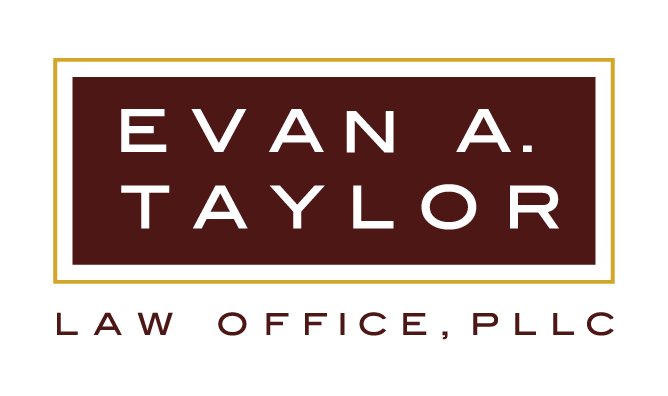In Oklahoma, during your divorce the court must identify, value and divide your marital property. This is generally the property that you and your spouse acquired during marriage. The court must also identify and exclude your separate property. This is generally property you acquired before marriage, after separation or during marriage by gift or inheritance. This property is not divided by the court.
How does the Court divide my property?
Oklahoma law requires that the court divide a couple’s property “fairly and equitably”. That does not necessarily mean 50/50, 60/40 or any set ratio. The judge is required to look at every situation and decide based on the particular facts. This is why it is so important that if you have a contested case that all the information be available for the judge to make this decision.

